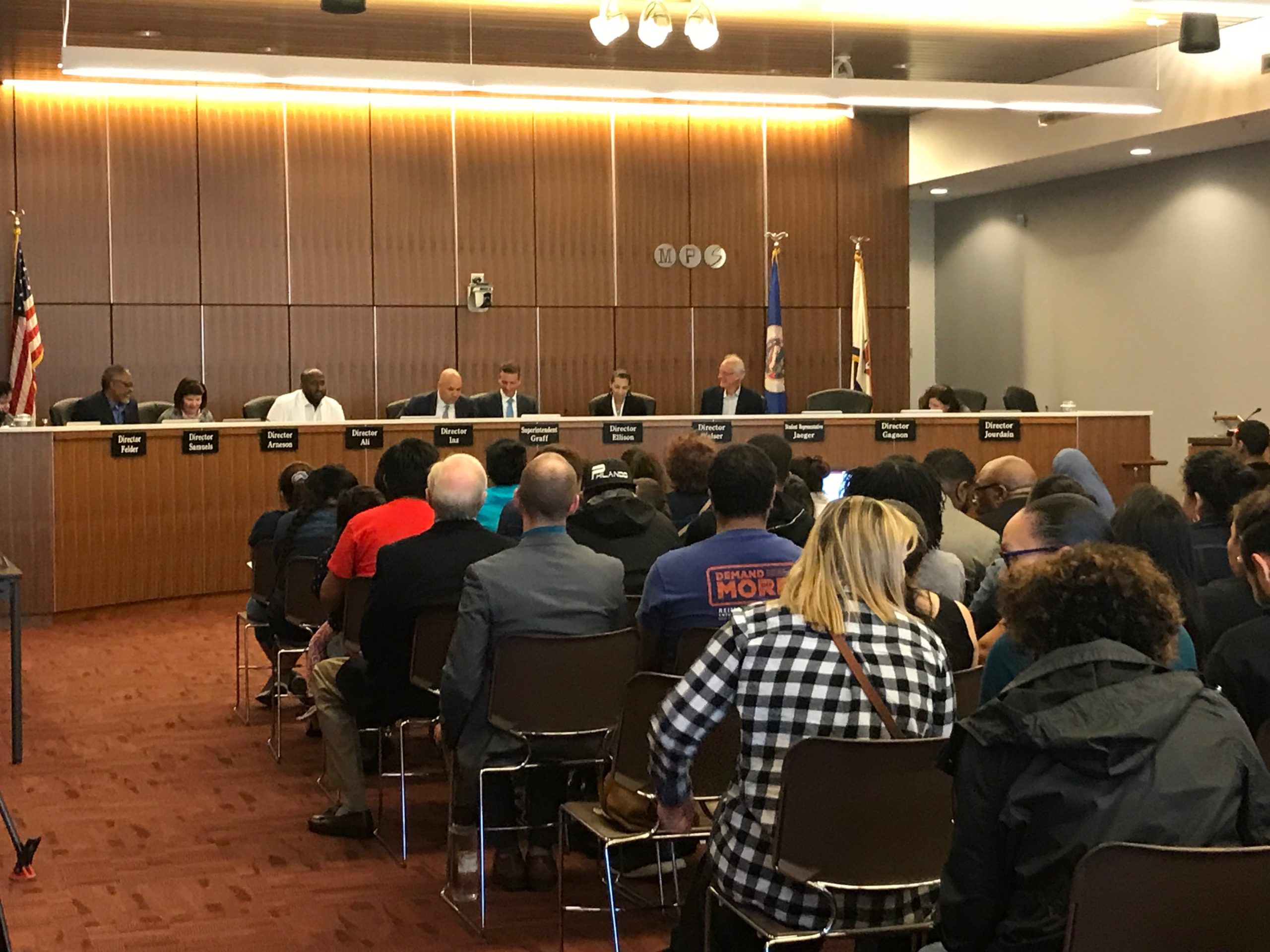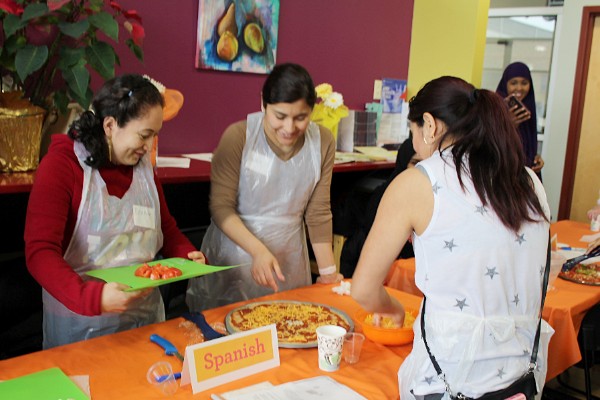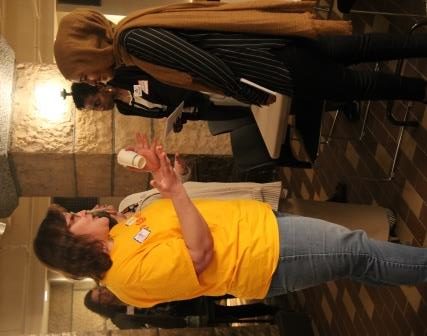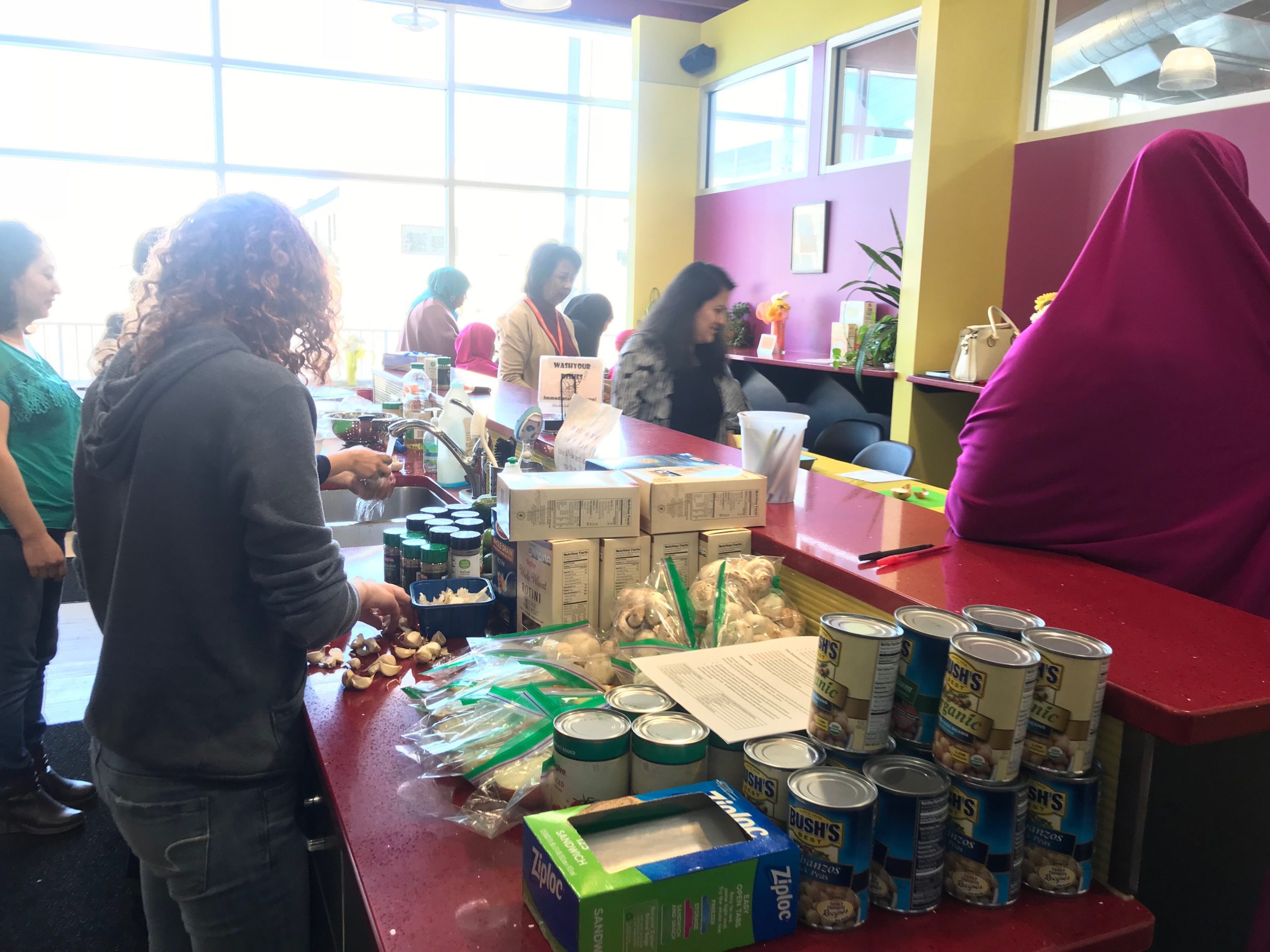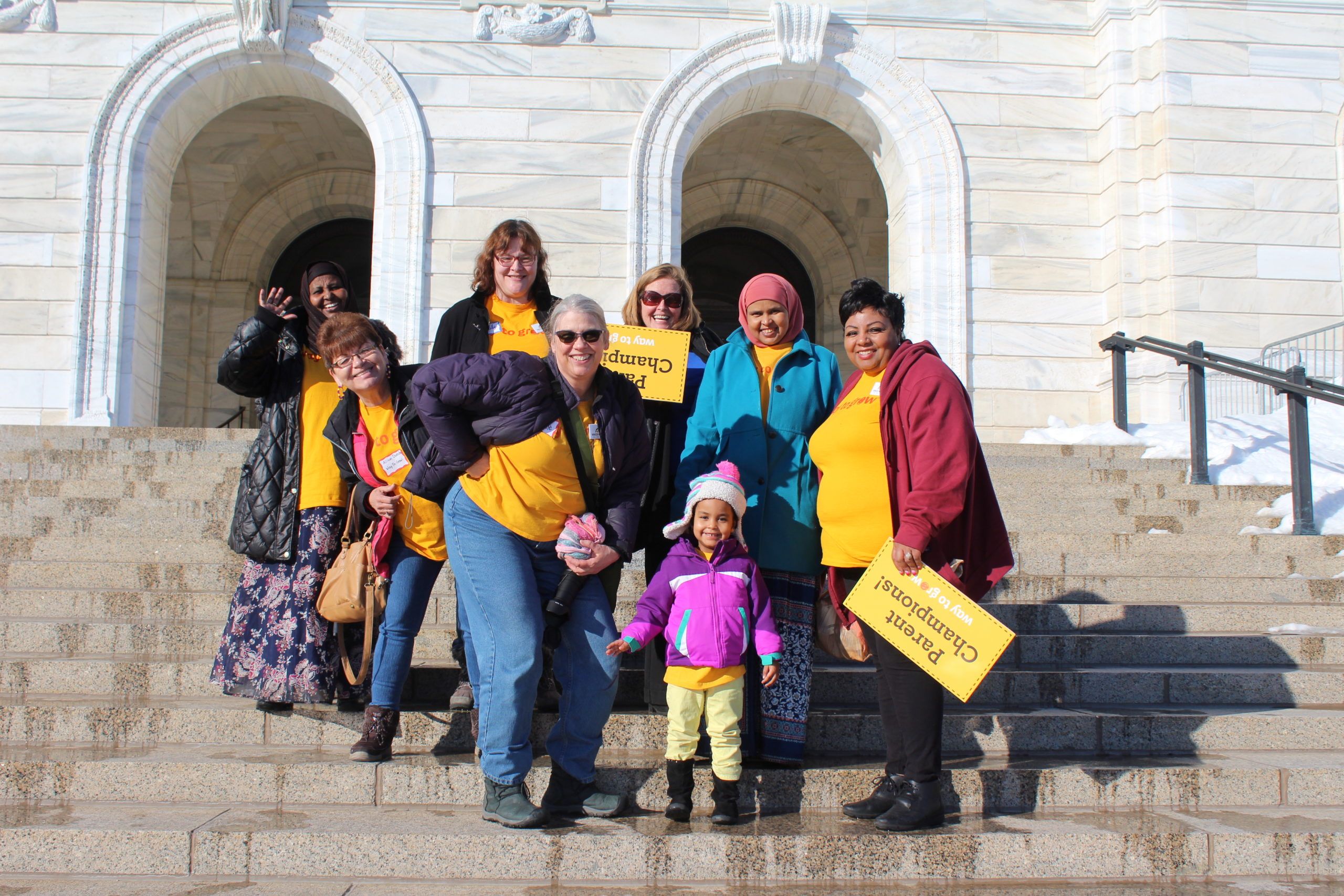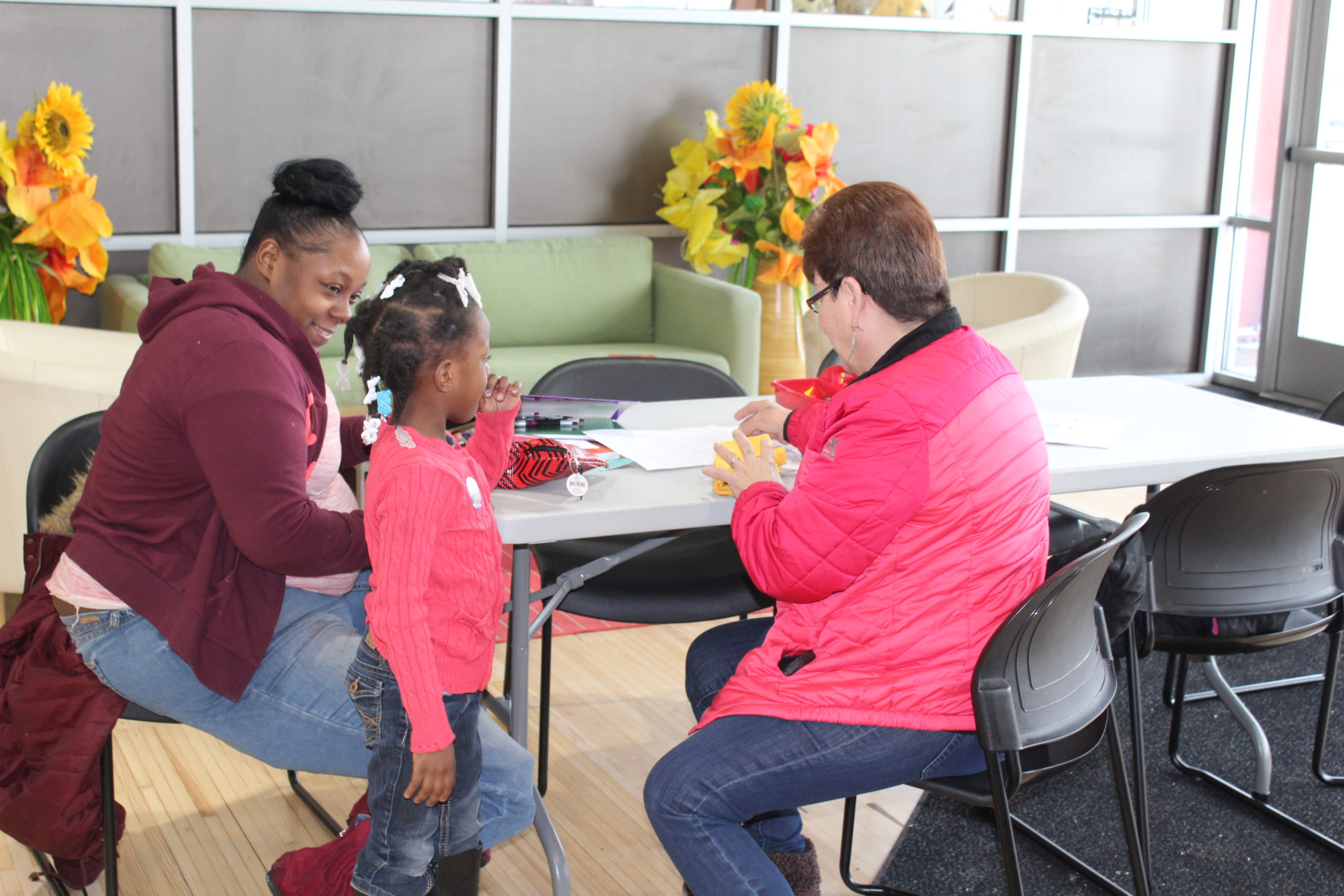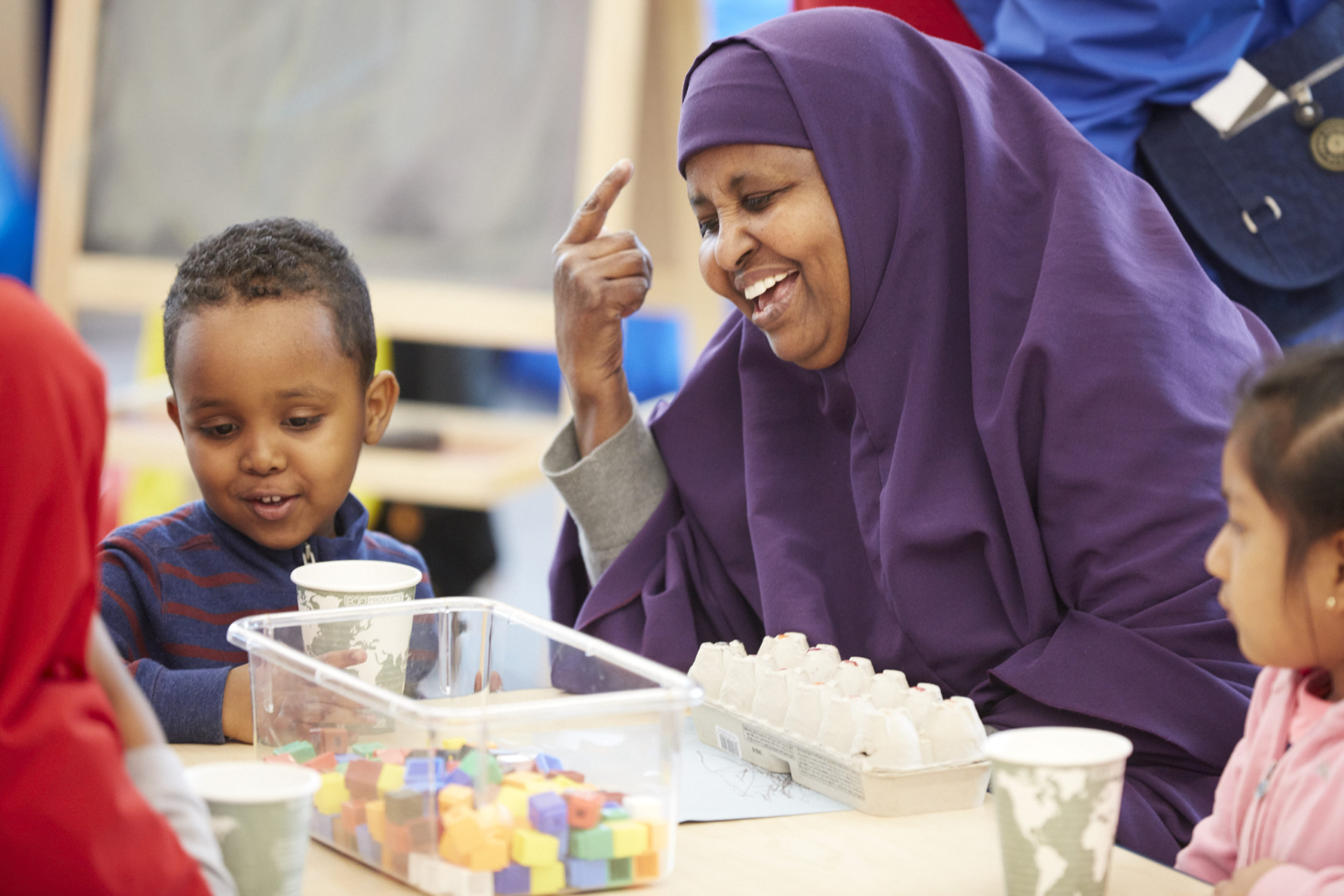By Art Rolnick, Ph.D., in partnership with Way to Grow.
{Directed at low-income kids, at as early an age as possible, this could help close achievement gaps and give a huge return on investment.}
When it comes to education and economic development, what policy is best for Minnesota’s future?
If we focus on that question, it’s clear what we must do. Both economic and neuroscience research show that there may be no better return-on-investment for taxpayers than quality early education programs. In 2003, Rob Grunewald and I at the Federal Reserve Bank of Minneapolis came to this conclusion, as has James Heckman, a Nobel Prize-winning economist at the University of Chicago.
Our research found up to a $16 return for every $1 invested to help low-income children access high-quality early learning programs. That’s because low-income children who are prepared for kindergarten are less likely to generate lifelong taxpayer bills related to things like special education, social services, health care, unemployment, law enforcement and prisons. The economic research is clear — investing a little now saves taxpayers a lot later.
And neuroscience research shows that the highest return-on-investment (ROI) is when early education begins at the beginning. Achievement gaps open as early age 1; they do not wait until age 4. Indeed, we now know that much critical brain development happens by age 3. Conclusion: We must invest early in life.
How is Minnesota doing? Minnesota currently has some of the worst achievement gaps in the nation. In the 16 years since our research was published in 2003, about 302,000 Minnesota children were born into families with incomes low enough to be eligible for Early Learning Scholarships. We didn’t invest in scholarships for the overwhelming majority of those kids. We didn’t get that ROI. We didn’t prevent and close those achievement gaps early in life.
Now, more than two-thirds of those kids are already past kindergarten, and some are as old as 15. We missed that opportunity. And not only did we fail these kids, we failed our taxpayers, our communities and our economy.
This year, estimates are that another 35,000 low-income Minnesota children under age 5 won’t be able to access high-quality early learning programs without help. Given what we know about how a child’s brain develops during the earliest years, given that we have an effective program that can be readily scaled, how can we not fund more scholarships?
So now — not 16 years from now, not even one year from now — is the time to at least double down on our investment. Our current biennial budget for scholarships is $140 million. With a $1.5 billion state budget surplus, we can readily invest $140 million more. Now is the time to make closing the achievement gaps a Minnesota priority.
With such an investment, we could provide flexible scholarships to change the life trajectories of an additional 7,200 left-behind children each year. While it would only help about one child in need out of every five, it would bring meaningful progress.
If Minnesota continues to turn a blind eye to our opportunity gaps and achievement gaps, our children, communities and economy will suffer, and that ultimately means all Minnesotans will suffer. We desperately need well-educated Minnesotans in order to compete in the global economy and maintain our strong communities. The time to build for that future is now.
This commentary is a revised and updated version of a commentary that appeared in the Star Tribune on April 13, 2018
Art Rolnick is a senior fellow at the University of Minnesota Humphrey School of Public Affairs and former director of research at the Federal Reserve Bank of Minneapolis.




